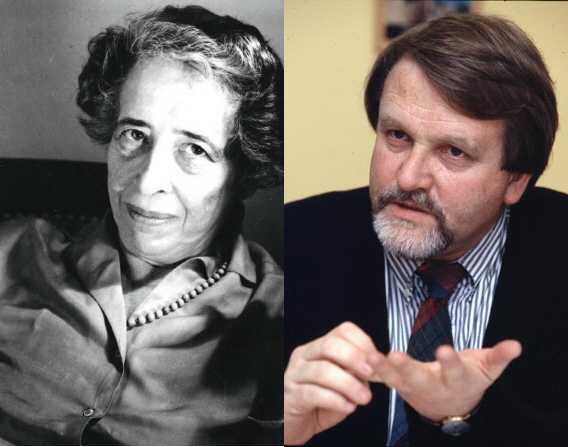

This becomes clear when one looks at her practical work retrieving Jewish books confiscated by the Nazis for Jewish organizations and when she wrote about general issues like guilt and responsibility. Through her involvement with Jewish politics, she tried to define a political stance which goes beyond narrow identity politics even though it starts there.

She wanted to rescue Jewish cosmopolitanism from the confines of ethnic identity alone. She tried in her work to combine universal concerns with particular belonging.

And if that is what we think, we have not produced a new concept at all. If cultural and ethnic nations were really just illusions, then the identities based on them would be nothing more than mistakes and delusions. Many writers now maintain that cosmopolitanism is no longer a dream, but rather the substance of social reality-and that it is increasingly the nation-state and our particular identities that are figments of our imagination, clung to by our memories. The old concept has not simply been rediscovered but reinvented for the global age. 1 This essay provides a perspective from outside of France on issues very much connected to French de (.)ġThere is a new cosmopolitanism in the air 1.


 0 kommentar(er)
0 kommentar(er)
